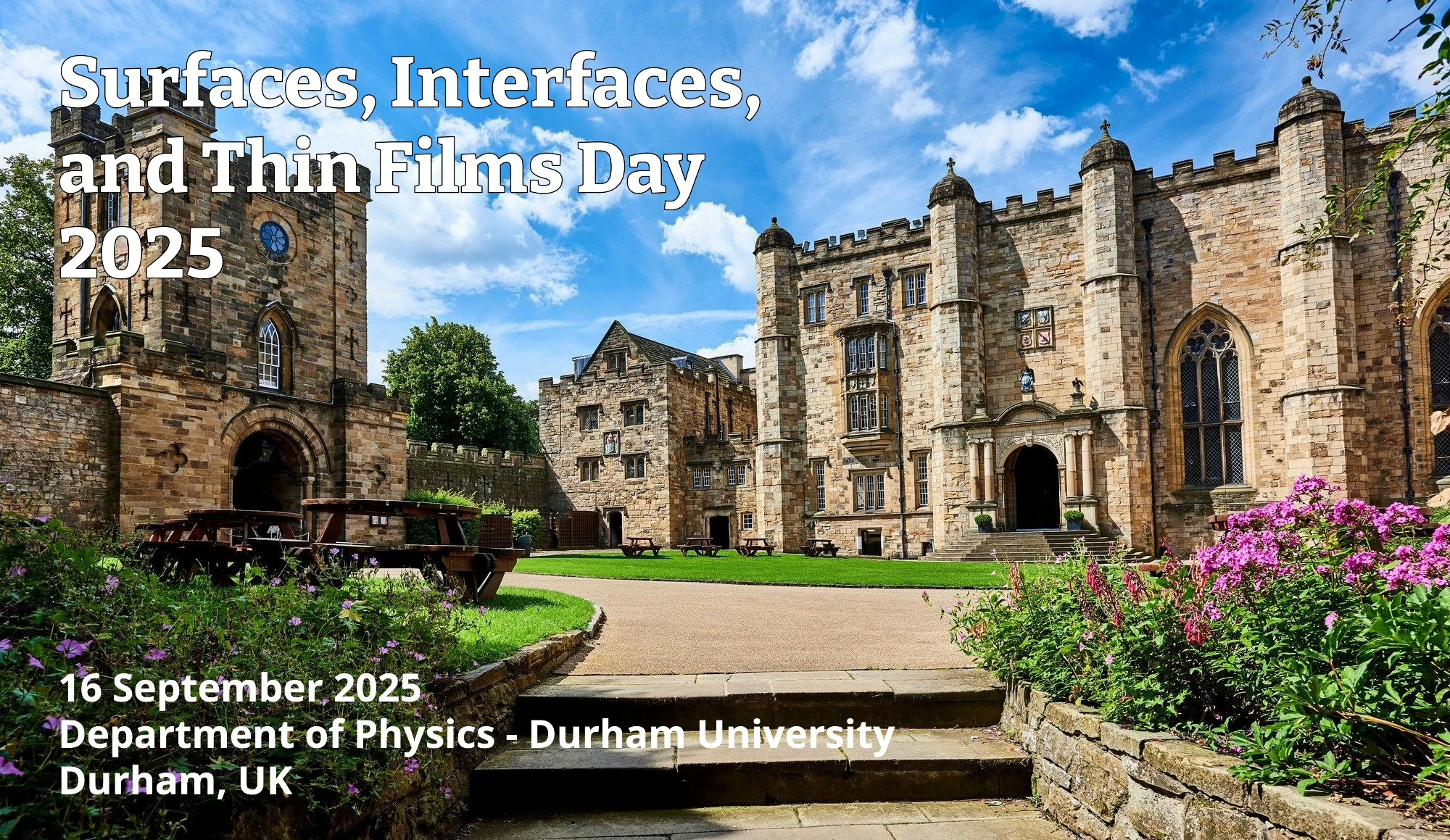
ORGANISED BY
CORDE Academy, Department of Physics – University of Cambridge
IN PARTNERSHIP WITH
The Institute of Physics
Durham University
The Durham Institute of Research, Development, and Invention (DIRDI)
Share with a friend

Join us for a one-day event organised by the Thin Films and Surfaces Group of the Institute of Physics (IoP), the University of Durham and the Durham Institute of Research, Development and Invention (DIRDI), taking place on 16 September 2025 at Durham University. The event will bring together researchers and professionals to discuss advances and emerging trends in surfaces, interfaces and thin films.
The meeting is free to attend and will feature invited talks, poster sessions and opportunities for networking and discussion. We anticipate participation from both academia and industry, while students and early-career researchers will be encouraged to present posters on their work. Refreshments and lunch will be provided.
This event is open to participants from all backgrounds—whether you are an established researcher, a practicing physicist, or simply have an interest in surfaces, interfaces or thin films.
The day is free to attend, and the registration is available via the link below.
Before proceeding, we encourage you to review our terms and conditions and Code of Behaviour.

| Time | Activity | Detail |
| 10:30 | Registration & Networking | Welcome remarks |
| 10:45 | Talk 1 | Presented by Prof Fernando Bresme |
| 11:15 | Talk 2 | Presented by Dr Miro Cafolla |
| 11:45 | Poster Presentation | Poster flash presentations |
| 12:00 | Refreshments | Refreshments / posters |
| 12:30 | Talk 3 | Presented by Prof Andrei Khlobystov |
| 13:00 | Talk 4 | Presented by Dr Mariana Fazio |
| 13:30 | Lunch | Lunch / posters |
| 14:30 | Pannel Discussion | |
| 15:00 | Talk 5 | Presented by Prof Phil King |
| 15:30 | Talk 6 | Presented by Prof Buddhika Mendis |
| 16:00 | Talk 7 | Presented by Dr Renald Schaub |
| 16:30 | Closing | Closing remarks |
| 16:45 | Refreshments | Refreshments / posters available until 17:00 |
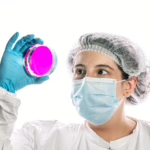
Research Fellow at Biomedical Engineering
University of Strathclyde
Dr Mariana Fazio, a Research Fellow in Biomedical Engineering at the University of Strathclyde, focuses on gravitational wave physics. Her research includes gravitational-wave detection, pulsar physics, optical coatings, and mechanical loss in thin films.
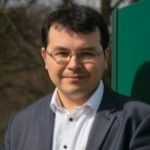
University of Nottingham
Professor Andrei Khlobystov is a Fellow of the Royal Society of Chemistry. His research focuses on carbon nanotubes and TEM. He built the Nottingham Nanocarbon Group and holds a Guinness World Record for the World’s Tiniest Test Tube.
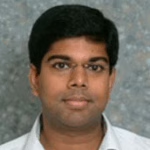
Durham University
Professor Buddhika Mendis is the Professor of Physics at Durham University, specialises in electron microscopy and its applications in materials science. His research focuses on thin-film solar cells, electron beam-specimen interactions, and data analysis methods.
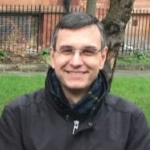
Imperial College London
Professor Fernando Bresme is the Professor of Chemical Physics at Imperial College London and Adjunct Professor of Computational Chemistry at NTNU. He is a Committee Member of the Statistical Mechanics and Thermodynamics Group and a Council Member of the Faraday Division.
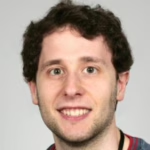
University of St Andrews
Dr Miro Cafolla earned a first-class master’s degree in Physics and a PhD in Physics from Durham. He has published in top-ranked journals and developed a method to study materials at the nanoscale. He is currently working on the DAME project, focusing on advanced materials for energy applications.
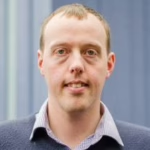
University of St Andrews
Professor Phil King is the Professor at the University of St Andrews, specialising in condensed matter physics. He lectures on advanced topics and coordinates final-year projects. His research focuses on quantum materials, utilising techniques like angle-resolved photoemission spectroscopy and molecular-beam epitaxy.
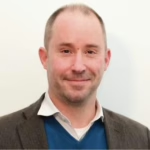
University of St Andrews
Dr Renald Schaub graduated from the University of Lausanne, completed his PhD at EPFL, and postdoctoral research at the University of Aarhus. He is a Lecturer at St Andrews, specialising in high-resolution scanning probe microscopy and spectroscopy.
Durham city centre is only two miles from the A1(M). Leave the motorway at Junction 62 on the A690 Durham – Sunderland road and follow signs to Durham City Centre.
Durham is 264 miles from London, 187 miles from Birmingham, 125 miles from Edinburgh and 67 miles from York.
There are several express coach services daily from most major cities. Durham is well served by both regional express services and the local bus network. From the city bus station – a short walk from the railway station – a bus service runs every 15 minutes past the Colleges on South Road.